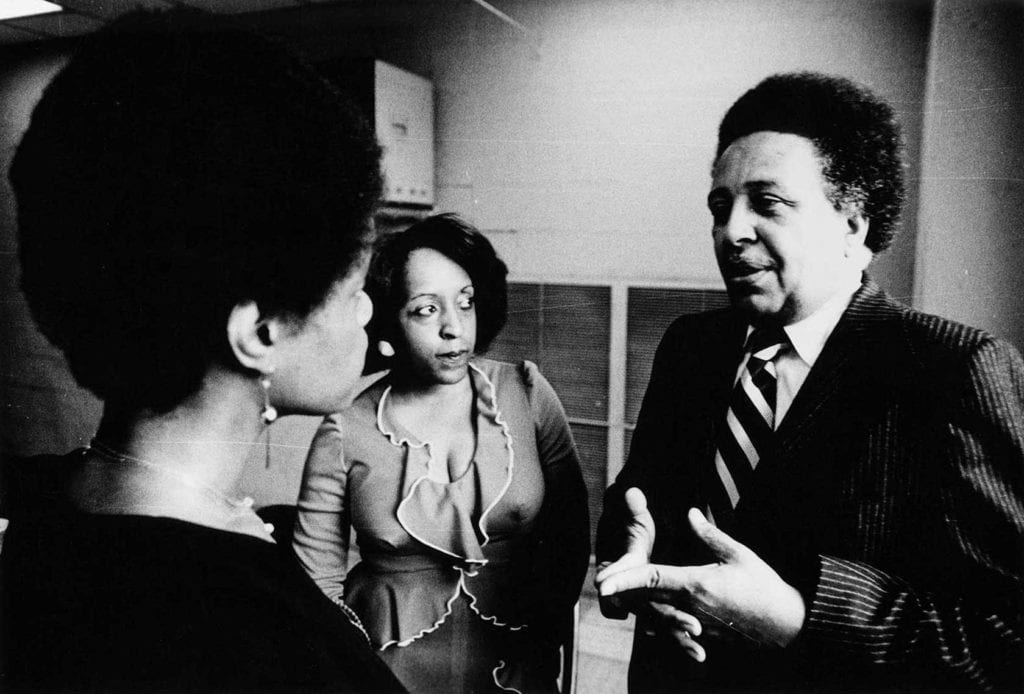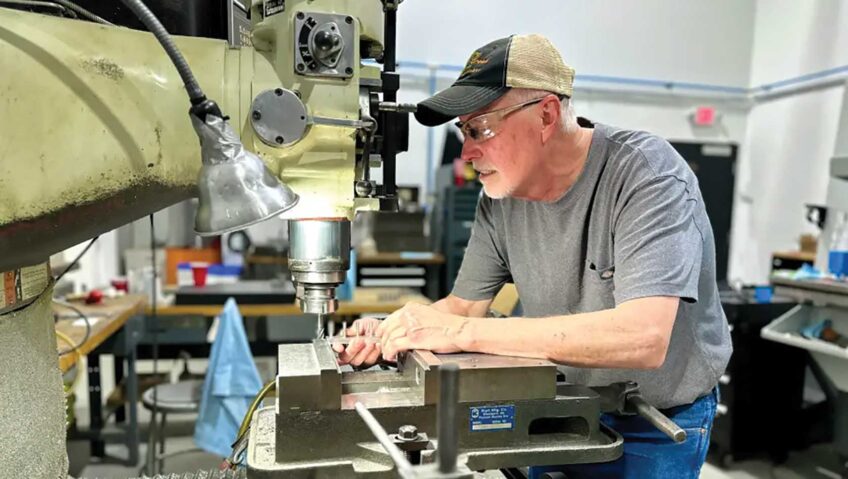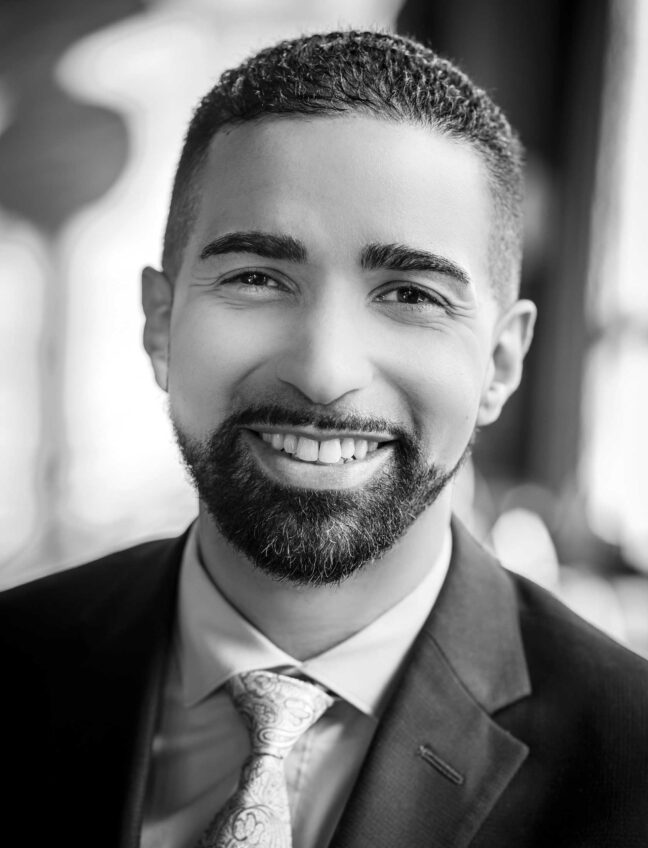Desegregation interviews in UMass archive
Collection documents struggle for educational resources, equality

Thirty-three years ago, while Boston was still in the aftermath of the contentious school desegregation era, a student at the Harvard Graduate School of Education sought to analyze the impact of school integration on the system.
As part of his research, then-student Monty Neill conducted interviews with 29 activists, attorneys, elected officials, teachers and parents, accumulating a box of 33 cassette tapes in the process. Neill’s 740-page dissertation was never distilled into a book form. Publishers rejected the manuscript as too long and too academic for a mass audience.
As Neill went on to become executive director of the National Center for Fair and Open Testing (FairTest), his box of cassette tapes sat in a storage room in his Jamaica Plain apartment, protected from the degradation audio tapes face when exposed to the elements.
Last year, Neill at last sought to have the 33 cassette tapes archived, turning to the UMass Amherst’s W.E.B. DuBois Library to preserve the interviews. The library agreed.
Available online, the interviews provide interesting insights into the black community’s struggle for educational resources and opportunities, a struggle that led to Judge Arthur Garrity’s court order mandating busing.
While his dissertation delved into the black community’s 19th-century push for equal access to education, which led to the state Legislature’s ban on segregation, the interviews focus on the time period between 1965 and 1986.
“One of the interesting things was the disagreement between proponents of community control and people who supported integration as an end in itself,” Neill told the Banner.
Because black students in the 1960s and ’70s were confined to overcrowded and underfunded schools under the leadership of the then all-white Boston School Committee, court-ordered desegregation was widely seen as the only legal lever available to force a more equal distribution of resources.
Neill notes that many of his interview subjects were more concerned with increasing community control over local schools. A group of elected officials including then-state Rep. Mel King approached the white School Committee members with a proposal to switch Boston school governance to a community-control model, where local communities would have control over hiring and enrollment in their respective neighborhoods.
“Mel [King] said some of the white South Boston officials said, ‘Yeah, that could happen,’” Neill says. “The School Committee was split on it.”
The proposal went nowhere, opening the door for Garrity’s desegregation order.
In the post-busing era, black community members remained focused on gaining a measure of control over the system.
In 1977, John D. O’Bryant became the first African American elected to the Boston School Committee in 75 years. In 1981, Jean McGuire was elected to the body, which then had five members. In one interview, veteran political activist Felix D. Arroyo explains why he and McGuire ran a joint campaign in 1980, uniting the black and Latino vote.
“More or less, we come from the same community, orientation and ideology,” said Arroyo, who now serves as Suffolk County Register of Probate. “The coalition encouraged collaboration between the two communities.”
Others included in Neill’s interviews include former City Councilor and NAACP President Thomas Atkins, METCO founder Ruth Batson, BPS official and civil rights activist James Breeden, former state Secretary of Education Paul Parks and Freedom House co-founder Muriel Snowden.
At one point, Neill says, the collection was nearly lost when a fire damaged part of his apartment building.
“There was quite a bit of damage,” he recalls. “But neither fire nor water got into the room where the tapes were stored.”
Despite the age of the cassette tapes, the sound quality they offer is clear. Interviews are listed alphabetically.
Neill says he is happy the recordings are now archived and available to everyone.
“My only regret is that I didn’t get this done sooner,” he said.







